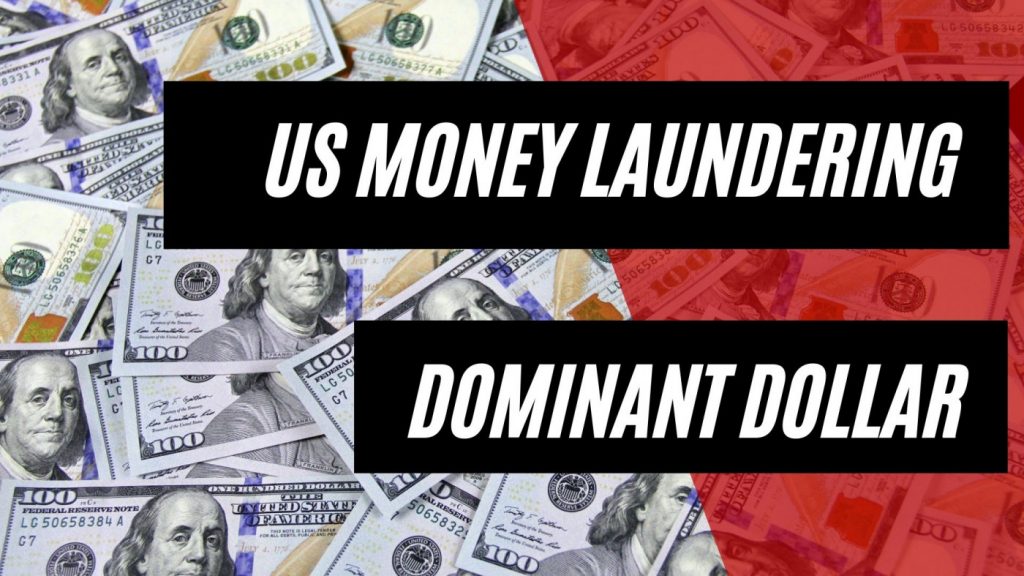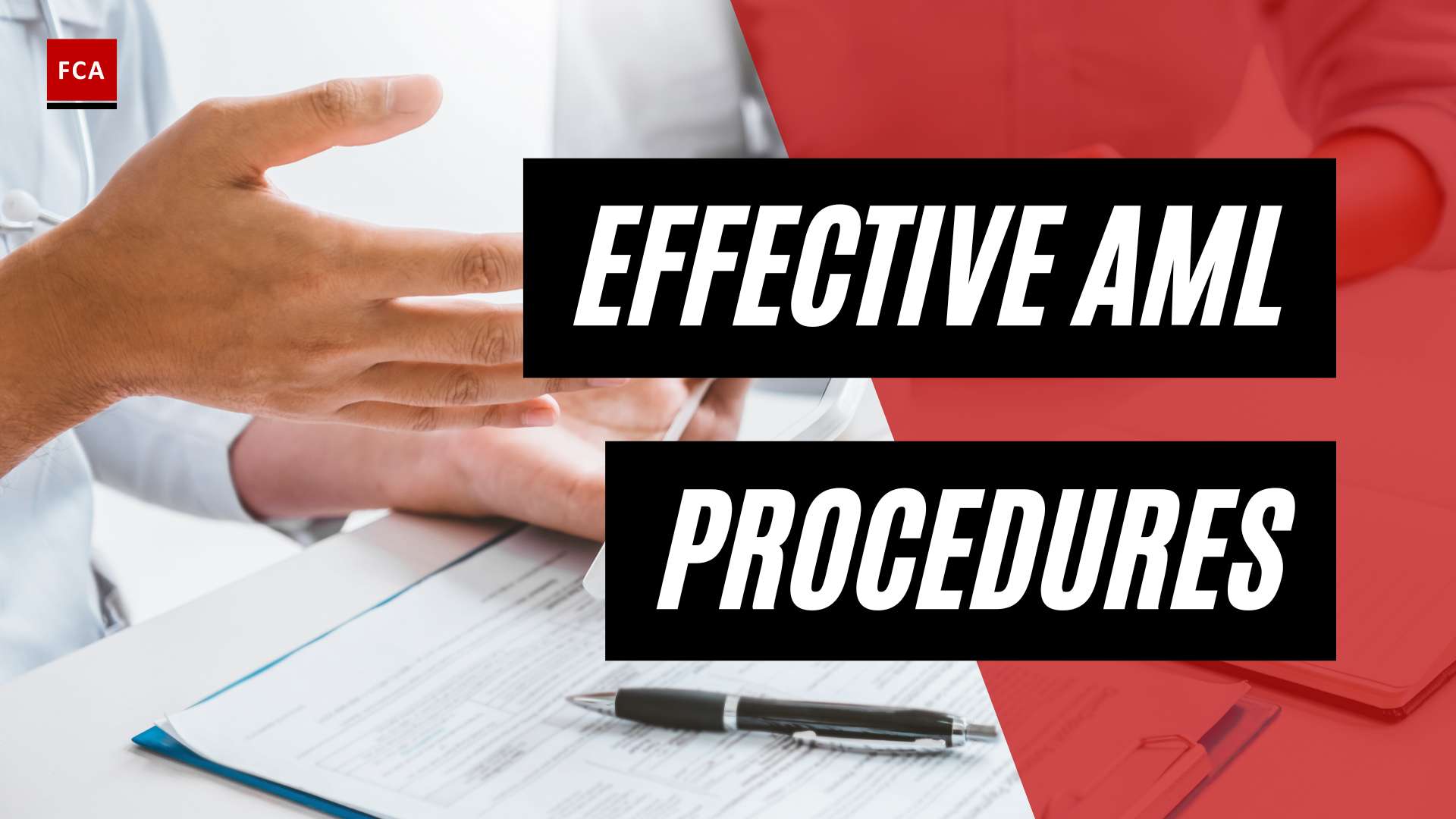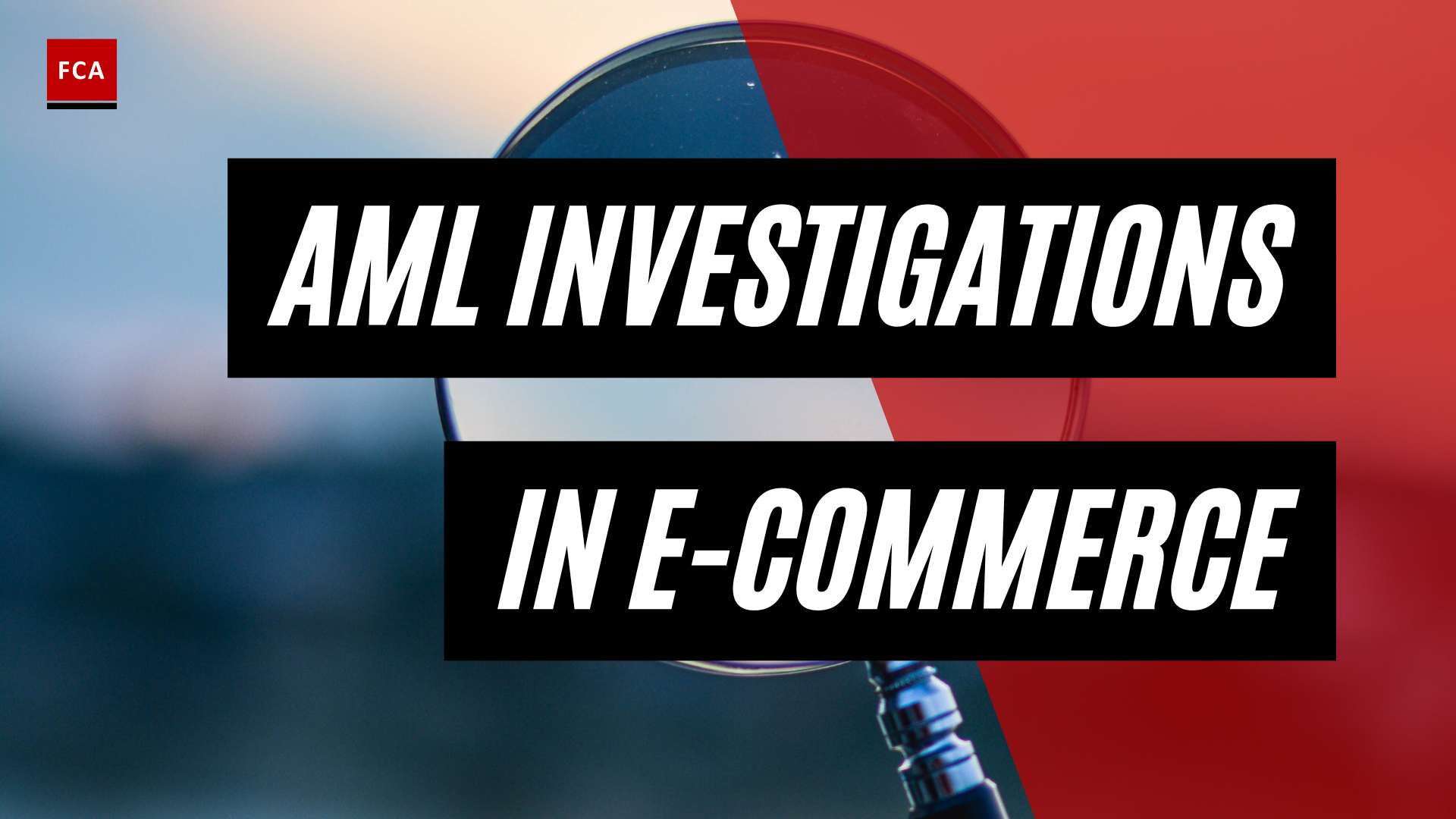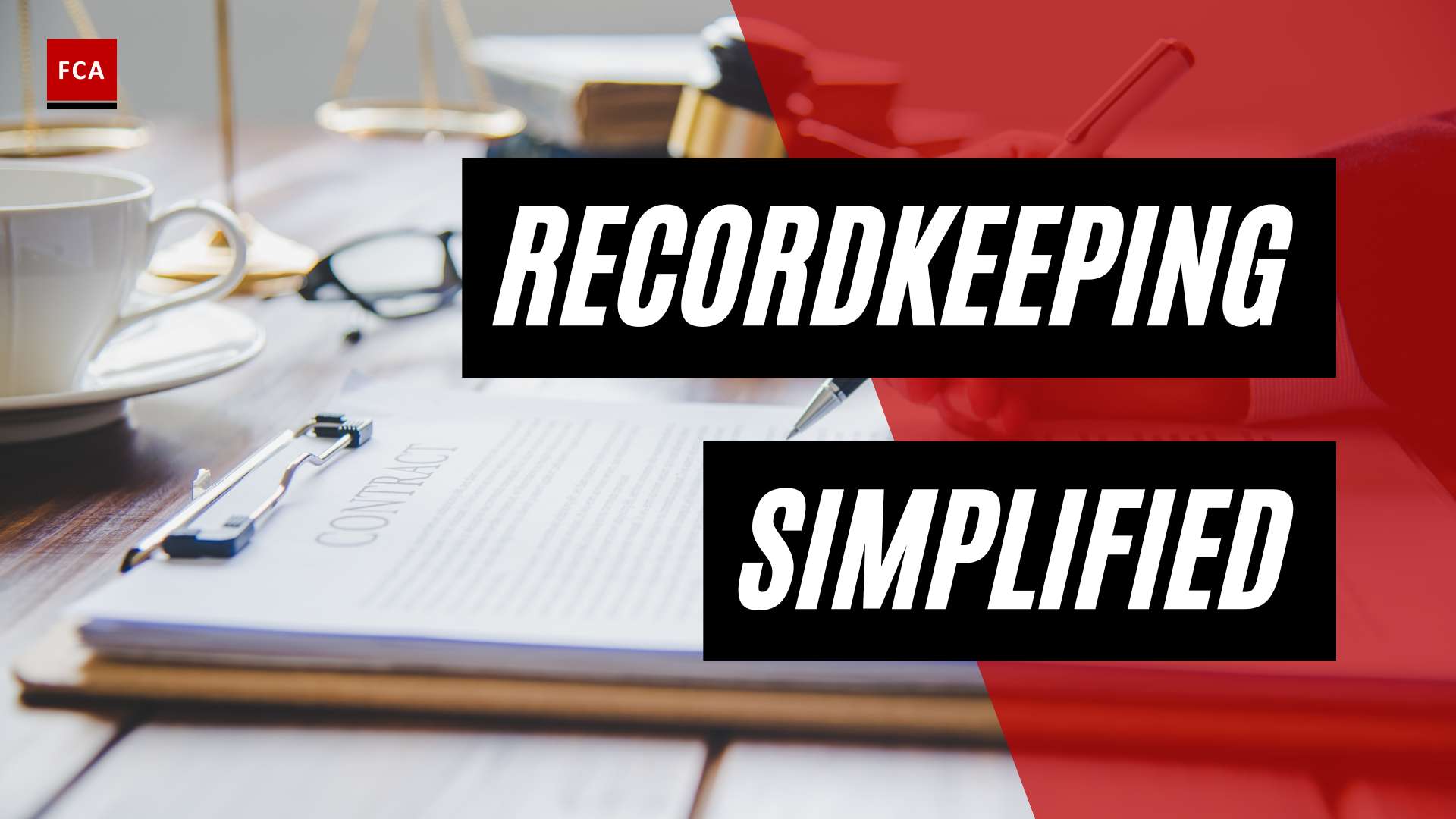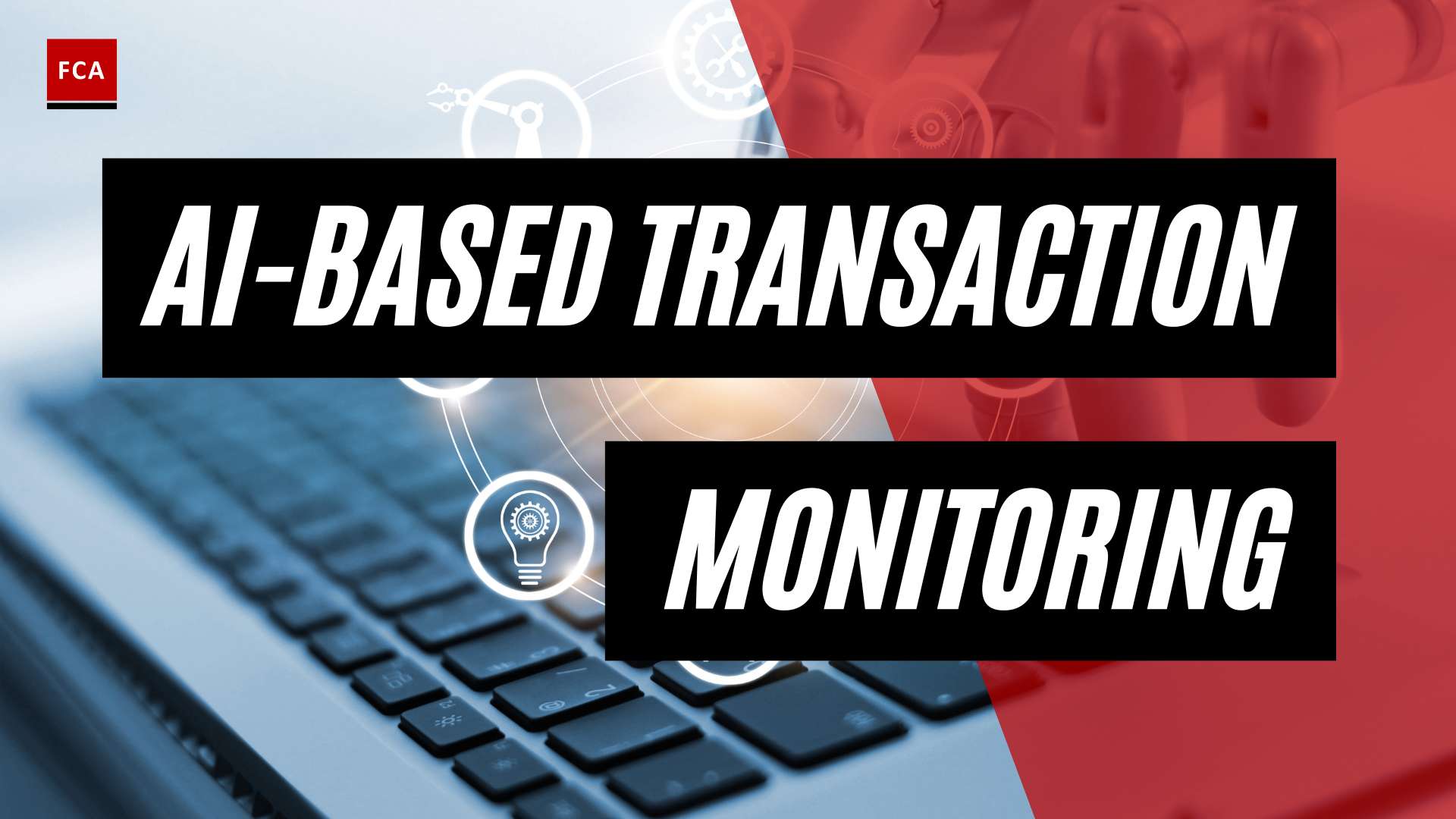The US dollar is one of the most important currencies worldwide – If not THE most important currency overall. The US dollar is also one of the most important currencies for money laundering and US money laundering is already a global concern. Obviously, this is closely related to the US of the US dollar in international business dealings. According to research, 87% of global foreign-exchange transactions involve the US dollar. Researchers also observed that at least 80% of trade finance dealings were conducted in USD. With other currencies settling at around only 5-10%, the US dollar dominates the financial world of trade. The prominence of the US dollar makes it prone to money laundering.
Table of Contents
Key Takeaways
- The US dollar is a key currency of many international business dealings, including foreign-exchange and trade finance.
- The United States has created numerous pieces of AML regulation, that come with significant penalties and fines for non-compliance.
- Various banks – both, with US origin and international ones – where being caught by US enforecement agencies going against applicable AML laws and regulations.
- To avoid the arising fines, financial institutions active in the US need to comply with applicabel US AML laws and regulations, regardless of where they are located.
The US Dollar Is Dominating the World
In worldwide trade, the driver for the dominance of the US dollar are manifold and include political, financial, and other reasons. One critical factor, however, is the monetary benefit of both buying and selling goods or services in USD in global trade dealings. The US dollar is liquid and available, easily exchanged around the world, and trusted by nearly all markets to be a safe and reliable currency.
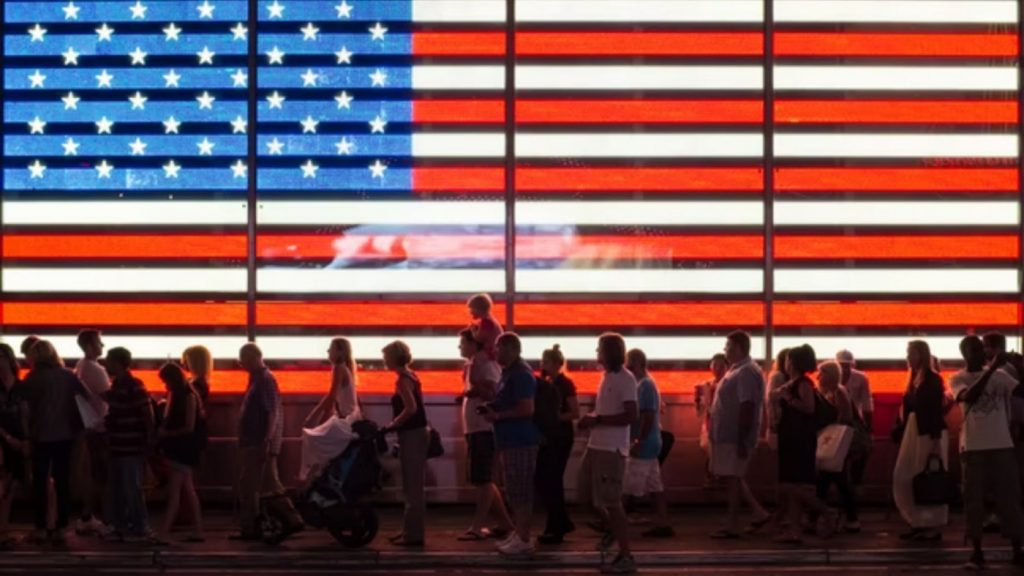
In addition, the US is home to countless branches of international banks. These banks are most prominent across New York, where the banks can easily complete and settle US dollar transactions while representing their clients.
So long as the United States, and the US dolar in particular, is as dominant as they are, many banks worldwide will need to make sure to comply with applicable US AML laws and regulations – This goes especially for those banks physically present on US terrority.
Among the most important pieces of US AML regulation is the USA Patriot Act. The USA Patriot Act has been a significant force and used as a feature of US foreign policy. The AML regulations of the USA Patriot Act have risen to become best pratice for other countries around the world to prevent money laundering.
US Money Laundering Concerns
In addition, the USA Patriot Act (among other pieces of US AML regulation) comprises provisions that make certain activities and/or non-compliance sanctionable.
Over the last decade, numerous US banks (or US branches of foreign banks) are being caught in AML violations. Whether intentional or not, these violations can result in penalties reaching billions of dollars. For example, one major European bank branch in the US faced a fine of $8.9 billion in May of 2015.
Another recent case of AML violation penalty against an Asian bank further exemplifies the issue. The New York Department of Financial Services specifically emphasized their inability to comply with AML regulations and currency exchange laws. International banks opening branches within the US are responsible for following all financial rules.
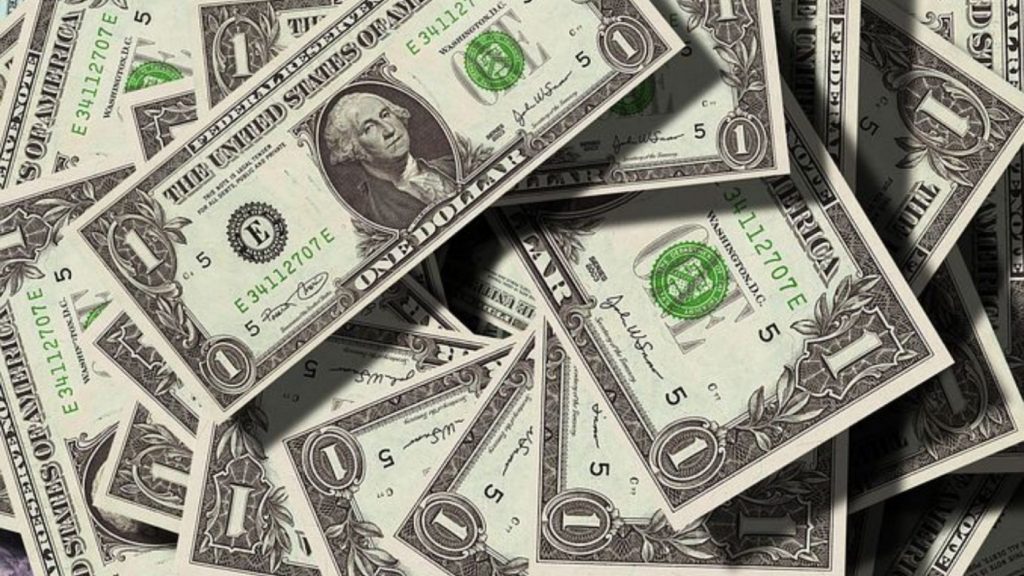
Summary
It is of uttermost importance that banks with US business activities make sure that their policies, procedures, and controls are in line with the expectations of the US regulator. Otherwise, US enforcement agencies might penalize these financial institutions for non-compliance with applicable AML laws and regulation.
Finally, it must be noted, that the risk (not limited to financial penalties) simply outweighs the cost of compliance, making the small cost to change a bank’s internal processes irrelevant compared to the hefty fines they pay when they are caught.

